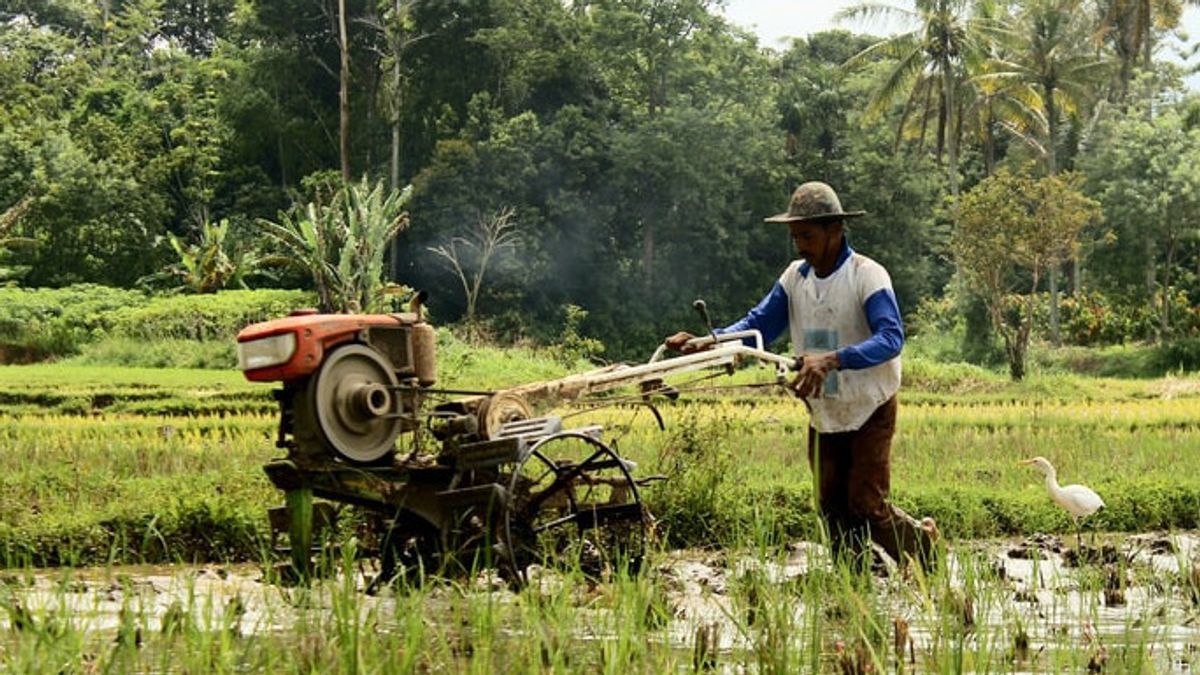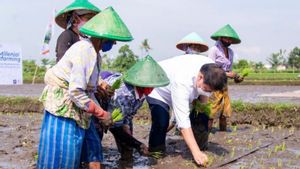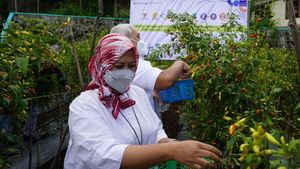JAKARTA - Economist and Director of the Center of Economic and Law Studies (CELIOS) Bhima Yudhistira said the agricultural sector is a crisis-resistant industry, especially during the COVID-19 pandemic.
"During the pandemic, people are actually looking for agricultural products, just like people are looking for internet products. Both of these are needs that cannot be shifted even though movement is limited," said Bhima in a webinar on the Potential of the Agricultural Industry at the Capital Market Center, quoted from Antara, Thursday, December 2.
Bhima explained that during the pandemic there was a ruralization phenomenon, where many people who lost their jobs or experienced a reduction in working hours chose to return to the village and work in the agricultural sector.
He said that the agricultural sector is almost always ready to accommodate workers in the event of a crisis.
According to data from the Central Statistics Agency (BPS) as of February 2021, labor absorption in the agricultural sector reached 37.1 million people. Meanwhile, in terms of sectoral contribution, it reached 14.3 percent of GDP.
"So the bearing of the crisis is the agricultural sector. It has been proven in Indonesia, Thailand, Vietnam, to Denmark," he said.
SEE ALSO:
Bhima added that areas with plantation export potential recovered faster than other regions.
Then during the pandemic, plantation and agricultural commodity prices are also expected to last until 2023.
"The area that recovers quickly and absorbs the highest workforce is the area whose base is agriculture. In fact, global food prices have rebounded very quickly," he said.
The English, Chinese, Japanese, Arabic, and French versions are automatically generated by the AI. So there may still be inaccuracies in translating, please always see Indonesian as our main language. (system supported by DigitalSiber.id)















